Oh Oh Taiwan !?
the most dangerous place on earth
the Economist
Until recently Taiwan was praised as one of the few countries in the world that had dealt with the COVID-19 crisis in a timely way, and could therefore almost pretend that nothing was going on. Lately however, it seems that Taiwan’s fortune has run out, as COVID-19 cases are on the rise, big brother China’s aggression seems increasingly present and long lasting droughts depleted fresh water reservoirs. You might have heard about this, as global news outlets have reported on these issues; it was the Economist that even provocatively labeled Taiwan as “the most dangerous place on earth” in its headings. But is Taiwan such a bad place to be? Is it really at the verge of collapsing? We’d like to share our thoughts and experiences here and with a little spoiler alert; it is not as bad as it might sound…
Let’s start with the elephant in the room; undeniable big brother China in relation to Taiwan’s self proclaimed independence. Without going too much into the politics, there is definitely more tension lately, no matter what side you’re on. Until recently you could generally divide people here into three groups, pro-unification, pro-independence and status-quo, groups almost equal in size. Today however, especially younger people are increasingly worried and fear that the status-quo will ultimately lead to unification, a fear that has been sparked and fueled by developments in Hongkong over the years. Due to this, which is also reflected in the latest elections, more and more Taiwanese are becoming pro-independence, which angers the big brother again. Almost like a vicious circle, to which there seems no solution. Distrust and suspicion about mainland China’s government’s motives are everyday business here, and it reaches far. It even became part of the COVID-19 crises and vaccine debate, but more on that later. Besides this it seems almost normal now that Taiwan’s airspace is invaded by Chinese warplanes on a daily basis (not that we notice this ourselves, as it happens on the edges of Taiwan’s airspace) combined with an intensified fear for Chinese investments and spying practises. But you could argue that the latter is something that other countries also become increasingly worried about, and interestingly enough in daily life you won’t notice much of this increased tensions; it’s not that there is more military presence or anything that suggests that Taiwan is at the edge of war with it’s bigger brother.
While we are writing this, some rain has finally arrived and although it can be unpleasant from time to time, it also gives us a break from the scorching heat. More importantly, the rain of the last few weeks has ended the severe drought that had affected many counties. The drought was so severe that many large freshwater reservoirs on the island were almost depleted (less than 1% of their normal capacity), resulting in water rationing for citizens and farmers. This drought also had a potential impact on the world, as the chip making industry here provides the majority of chips worldwide and relies heavily on fresh water for their production lines. To show the severity of the water shortage, below you can find a before the drought and during the drought picture of the Shih-men reservoir. This intense drought, the worst in 53 years, also brought forward the political priorities of Taiwan, as farmers suffered while the chip industry was mostly unaffected by rationing. On a deeper level, it also seems that political choices (and that might not be so different from other places around the world), and the economy is often prioritized over climate and environment. Luckily the reservoirs are currently filling up again now the monsoon season has started.
Read more
BBC | Why the world should pay attention to Taiwan’s drought
The Guardian | A victim of its own success: how Taiwan failed to plan for a major Covid outbreak
Bloomberg | Complacency Let Covid Erode Taiwan’s Only Line of Defense
The Guardian | Taiwan factory forces migrant workers back into dormitories amid Covid outbreak
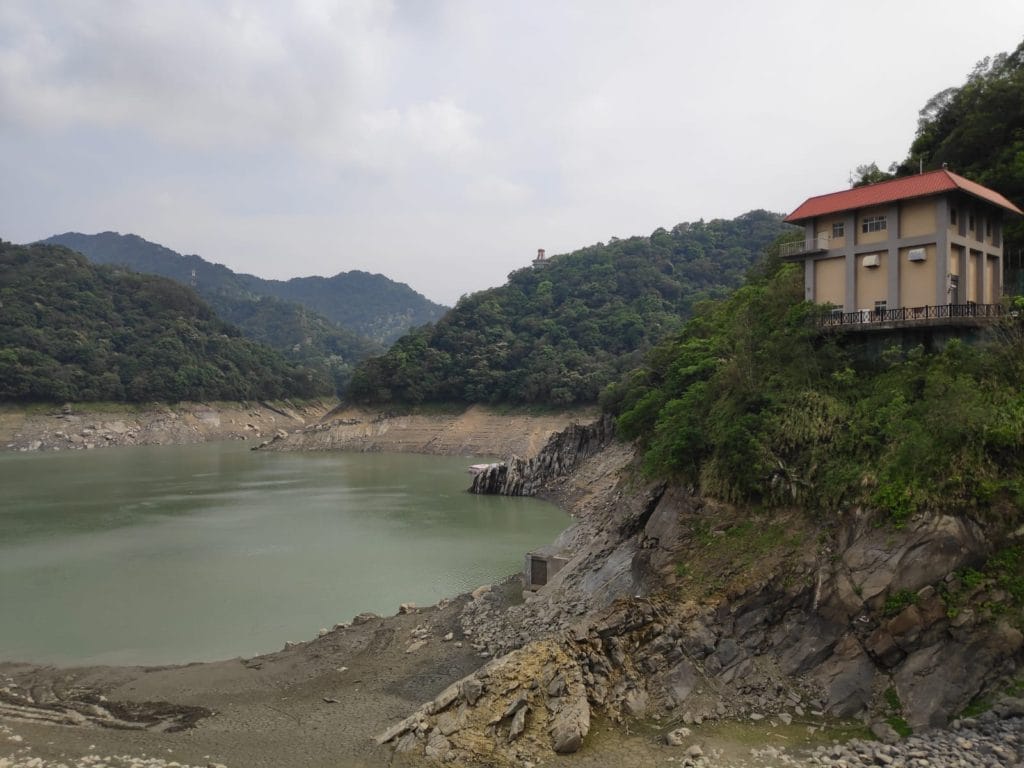
And finally we have arrived at the subject that has kept the world busy since March 2020; COVID-19. As the world struggled to deal with the introduction of the virus across borders, hospital capacity was stretched to its limits, testing capacity was limited and vaccine strategies had to be developed, Taiwan was fortunate enough to not worry about all this, due to early interventions in February/March 2020. These interventions, including border screening, cancellation of flights to and from Wuhan and strict quarantine measures, kept the virus outside of Taiwan. This combined with a fair share of luck (read: some missteps could have easily lead to the introductions of the virus in the country, including freely traveling navy personnel, quarantine design flaws and unreasonably short pilot quarantine) made it look like, for a long time, Taiwan was untouched by the global pandemic. Taiwan was seen as an example for the rest of the world. An example that was welcome for the government, especially because it was good publicity to focus on the international isolation imposed by China’s “One China” politics. At this point we are not so sure about the why, but it is astonishing that Taiwan had over a year to prepare for possible case introductions and community spreading while the rest of the world struggled with this. It seemed that Taiwan was caught by surprise (while the introduction through airline pilots happened before), and now we are experiencing the same problems the world had in March 2020. Examples include problems in scaling up testing capacity due to lack of investment and the absence of a clear vaccination strategy (because of a “who needs vaccines without the virus” mentality). It seems that politics are involved, not only on the People’s Republic of China (PRC) and the Republic of China (ROC) level, but also between counties. Different political views have, for example, led to bluntly discriminatory regulations for migrant workers (who already have to deal with somewhat inhumane living conditions) in the name of preventing the spread of COVID. Luckily we also see a very progressive movement in Taiwan that condemns this, so that gives hope. And in the end that is what it is all about, hope.
We have hope for this country, this is Taiwan; where your wallet will be returned after you’ll lose it on the bus or in the MRT (you probably end up with more money), and where you don’t have to lock your bike or can leave your laptop in a cafe for two hours to discover that it is still there. Actually, we feel safer here than anywhere on Earth… And we enjoy and love Taiwan so far, with all cultural differences that sometimes seem odd to us: it is almost a national crime if you don’t blow-dry your hair (no matter your gender) or you have to stop the cashiers at 7-11 each time from microwaving your salad or BLT sandwich. Again we have high hopes as we have seen such a remarkable example of Taiwan’s capabilities in the beginning of the pandemic, showcased with it’s slogan “Taiwan can Help” and now we think it is time for a new one, in the most positive sense, “Taiwan can do better” and we know they will!
from Taiwan can help to Taiwan can do better
and we truly believe they will
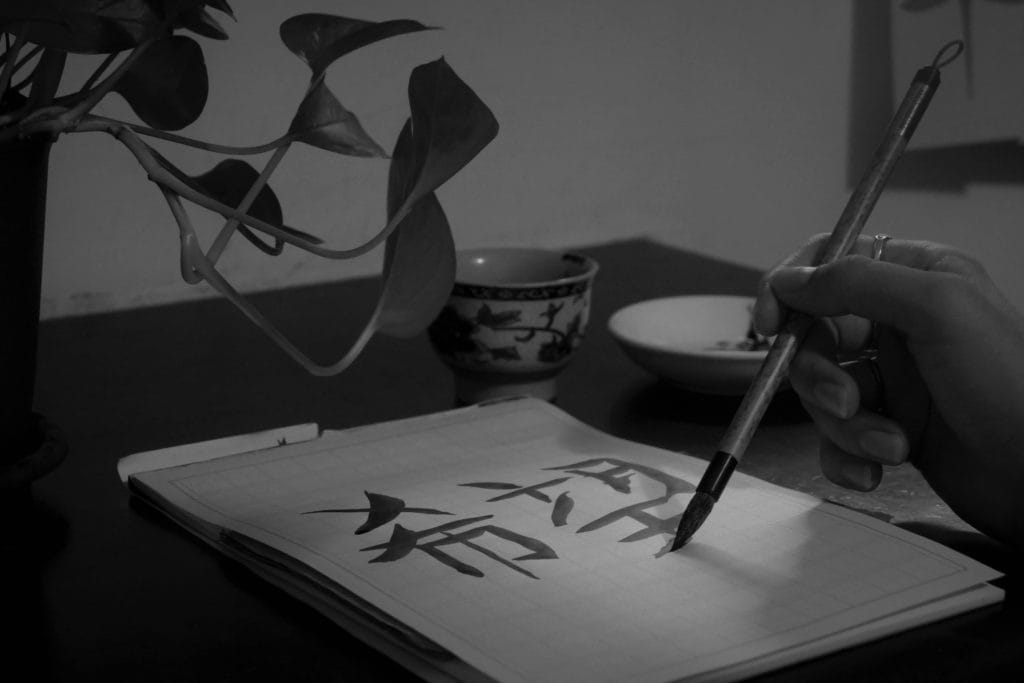
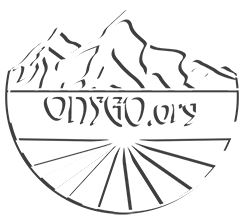


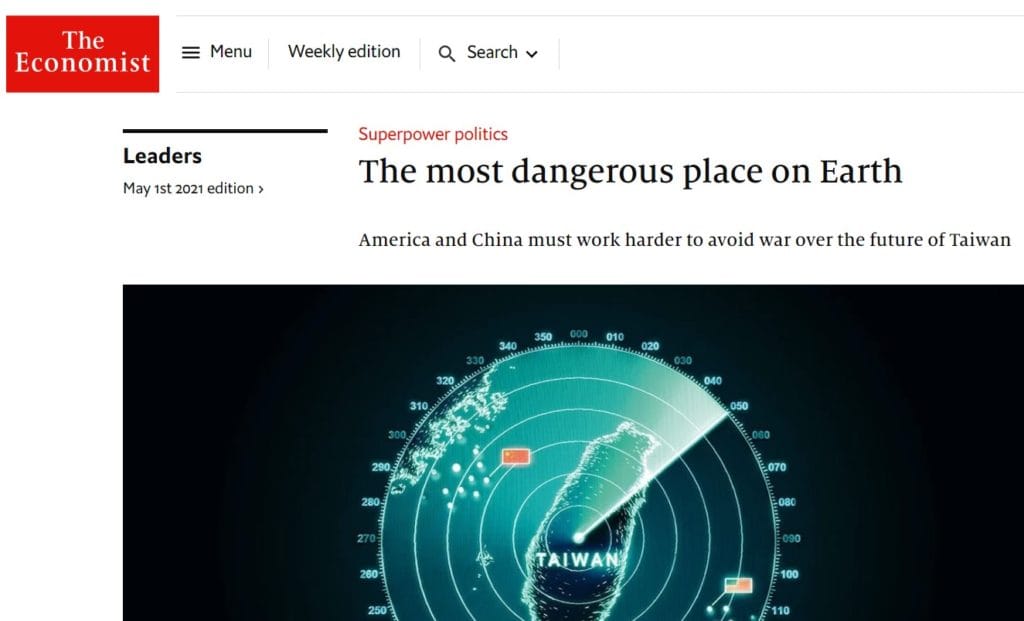

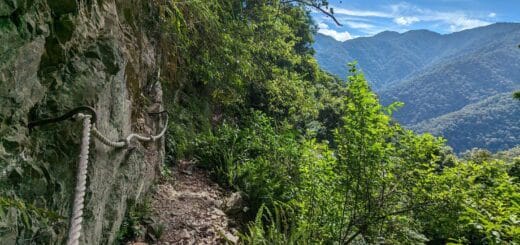
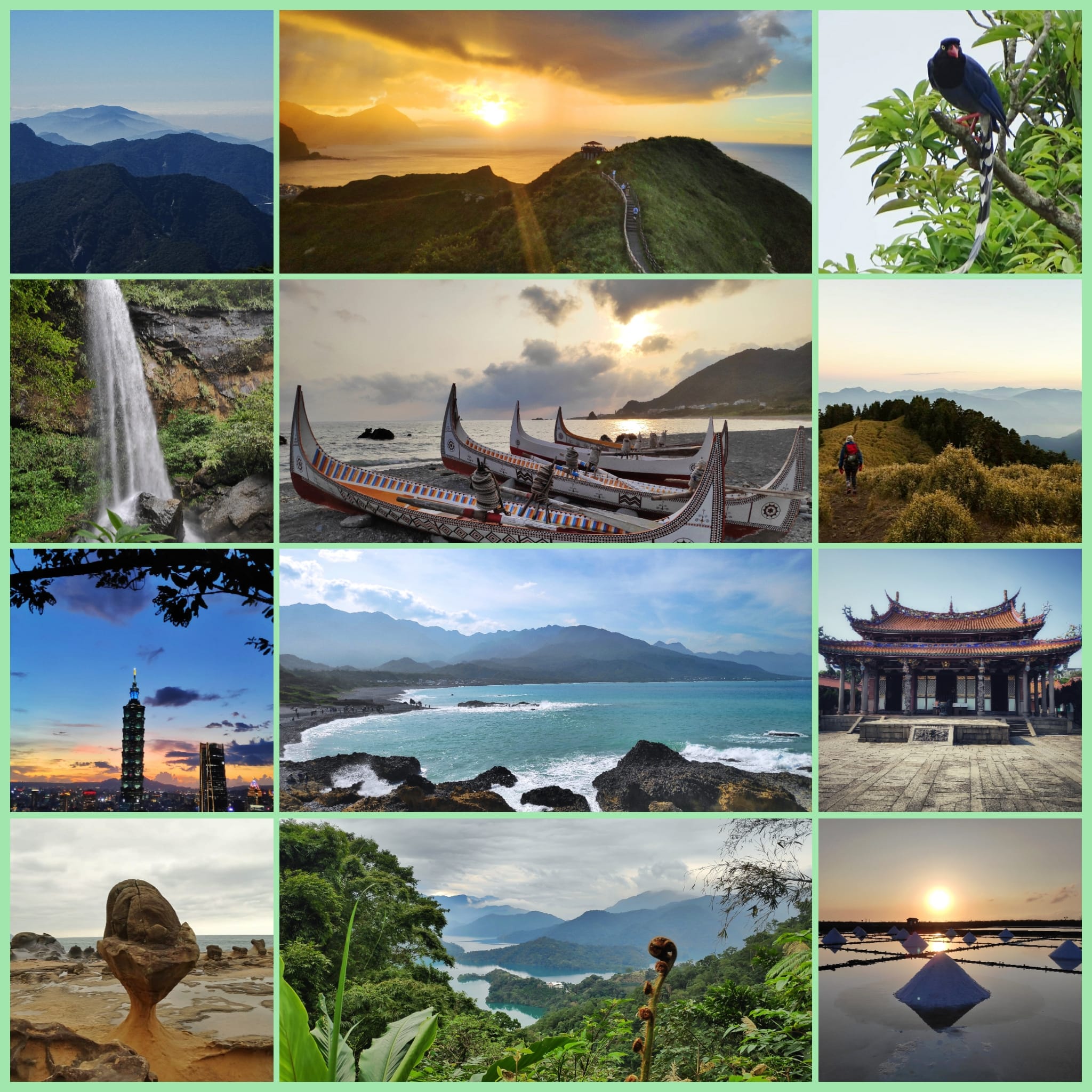





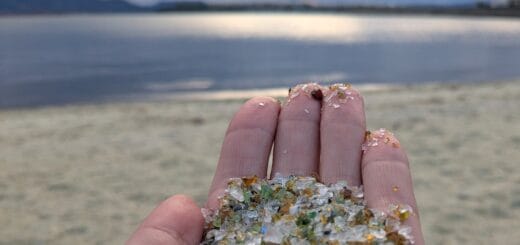
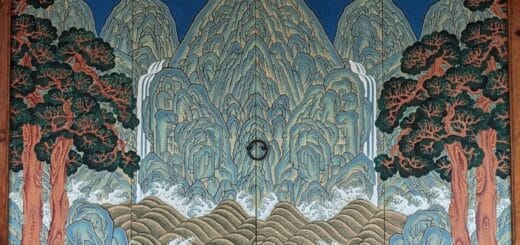
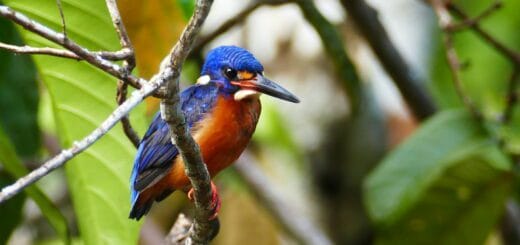
Ik hoop dat Taiwan nu snel een efficiënt vaccinatiebeleid opzet opdat jullie geen Covid krijgen.